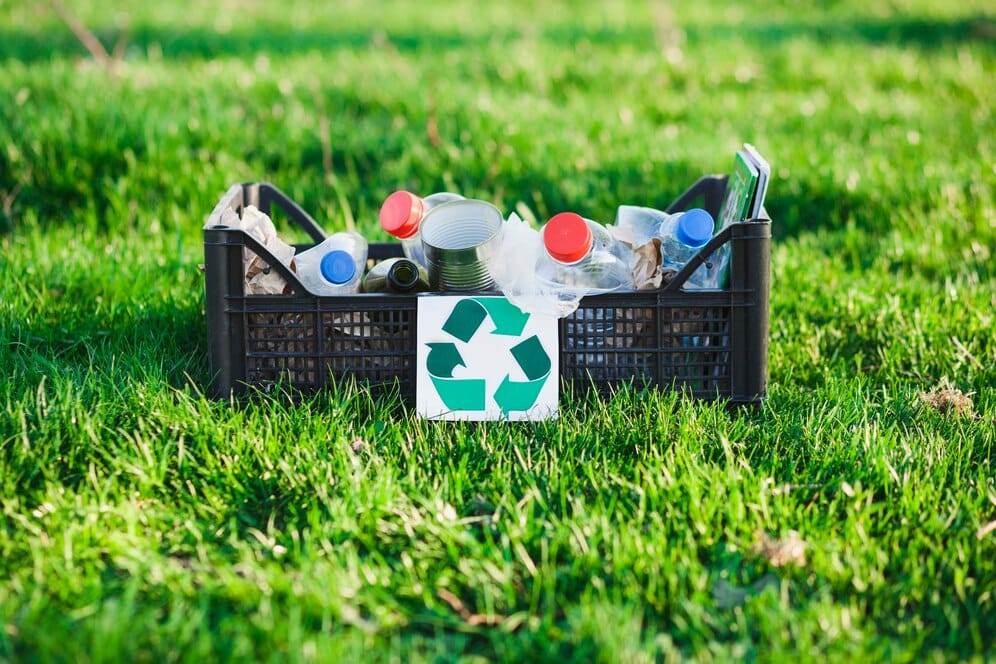Zero-Waste Lifestyle: Practical steps for reducing personal waste.
Living a zero-waste lifestyle is not just a trend; it's a conscious choice to minimize personal waste and reduce our environmental impact.


Living a zero-waste lifestyle is not just a trend; it's a conscious choice to minimize personal waste and reduce our environmental impact. By making small changes to our daily habits and routines, we can significantly reduce the amount of waste we generate and contribute to a more sustainable future for our planet. In this guide, we'll explore practical steps for embracing a zero-waste lifestyle and minimizing waste in our everyday lives.
1. Reduce Single-Use Plastics
Single-use plastics are one of the biggest contributors to environmental pollution. To reduce plastic waste, opt for reusable alternatives such as stainless steel water bottles, cloth shopping bags, and glass food containers. Say no to plastic straws, utensils, and disposable coffee cups, and choose eco-friendly options whenever possible.
2. Shop Mindfully
When shopping for groceries and household items, prioritize products with minimal packaging and opt for bulk or package-free options whenever possible. Bring your own reusable bags, containers, and jars to the store to avoid unnecessary packaging and reduce waste. Consider buying in bulk to reduce packaging waste and save money in the long run.
3. Practice Composting
Composting is an effective way to reduce organic waste and create nutrient-rich soil for gardening. Start a compost bin or pile in your backyard or explore community composting options in your area. Compost food scraps, yard waste, and biodegradable materials to divert waste from landfills and promote soil health.
4. Embrace DIY and Upcycling
Get creative and repurpose items that would otherwise end up in the trash. Transform old clothing into new garments or accessories, repurpose glass jars as storage containers or candle holders, and turn food scraps into homemade meals or natural cleaning products. Embrace the art of DIY and upcycling to give new life to old items and minimize waste.
5. Choose Sustainable Alternatives
Seek out eco-friendly alternatives to everyday products and materials. Replace disposable items with durable, long-lasting alternatives made from sustainable materials such as bamboo, stainless steel, or recycled materials. Look for products labeled with certifications such as Fair Trade, Organic, or Forest Stewardship Council (FSC) to ensure they meet high environmental and ethical standards.
6. Reduce Food Waste
Food waste is a significant contributor to global greenhouse gas emissions and environmental degradation. To reduce food waste, plan meals carefully, buy only what you need, and store perishable items properly to extend their shelf life. Use leftovers creatively, freeze excess food for later use, and compost food scraps that cannot be consumed.
7. Educate and Advocate
Spread awareness about the importance of reducing waste and inspire others to join the zero-waste movement. Share tips, resources, and success stories with friends, family, and community members, and encourage them to adopt sustainable practices in their own lives. Advocate for policies and initiatives that promote waste reduction, recycling, and environmental stewardship at the local, national, and global levels.
8. Embrace Progress, Not Perfection
Transitioning to a zero-waste lifestyle is a journey, not a destination. Embrace progress over perfection and celebrate the small victories along the way. Recognize that every effort to reduce waste, no matter how small, makes a positive difference for the planet. Be patient with yourself and others as you navigate the challenges and opportunities of living more sustainably.
Conclusion
Embracing a zero-waste lifestyle is a powerful way to reduce our environmental footprint, conserve resources, and protect the planet for future generations. By taking practical steps to minimize waste in our everyday lives, we can make a meaningful impact and inspire others to join us on the journey towards a more sustainable future. Together, we can create a world where waste is minimized, resources are valued, and the planet thrives for generations to come.